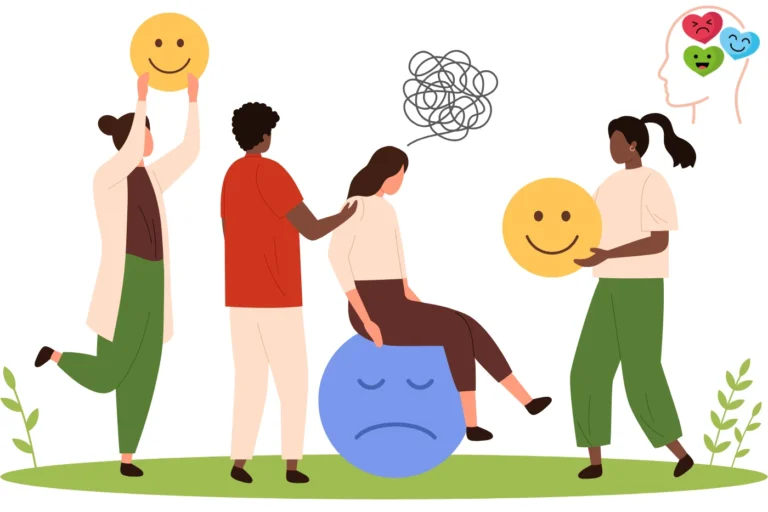Discovering the essence of lasting connection in today’s fast-paced world
We often enter relationships with high hopes and starry eyes, yet many of us discover that true partnership requires more than initial attraction or compatibility. The most fulfilling relationships are built on principles that foster both individual growth and deeper connection. These lessons – often learned through experience – can transform how we love and how we allow ourselves to be loved.
1. Communication Is More Than Words
The foundation of every thriving relationship is honest, open communication. Yet true communication extends far beyond simply expressing your thoughts – it requires the art of deep listening.
When my partner and I faced our first major disagreement, we discovered that we weren’t truly hearing each other. We were preparing our responses while the other was speaking, rather than seeking to understand. Learning to pause, absorb, and reflect before responding transformed our conversations from debates into genuine exchanges.
Practice This: The next time your partner shares something important, resist the urge to immediately offer solutions or counterpoints. Instead, try reflecting back what you heard: “What I’m understanding is…” This simple practice validates their experience and ensures you’ve truly understood before responding.
2. Growth Requires Space
One of the most counterintuitive relationship lessons is that healthy partnerships require healthy separation. The strongest relationships aren’t those where partners become one entity, but where they remain individuals who choose to build a life together.
Maintaining separate interests, friendships, and occasional solitude isn’t selfish – it’s essential. These spaces allow us to continue evolving as individuals, bringing new energy and perspectives into our shared life.
Practice This: Schedule regular “me time” for both partners without guilt. Whether it’s a hobby class, time with friends, or simply an afternoon alone with a book, honor these boundaries as investments in your relationship’s longevity.
3. Conflict Is Not the Enemy – Contempt Is
Many of us fear conflict, believing that arguments signal trouble. The reality? Disagreement is inevitable in any meaningful relationship. What truly endangers partnerships isn’t conflict itself but how we handle it.
Research by relationship expert Dr. John Gottman identifies contempt – expressing disgust or superiority toward your partner – as the single greatest predictor of divorce. Healthy couples don’t avoid conflicts; they approach disagreements with curiosity and respect.
Practice This: During your next disagreement, commit to these ground rules: no name-calling, no bringing up past mistakes, and no walking away without agreeing on when you’ll revisit the conversation. Remember you’re on the same team, even when it doesn’t feel like it.
4. Small Acts Carry More Weight Than Grand Gestures
While romantic movies celebrate dramatic declarations of love, real relationship satisfaction often comes from consistent, small moments of consideration. The partner who remembers how you take your coffee, sends a text just to brighten your day, or handles a chore without being asked demonstrates love through attention.
These seemingly minor actions accumulate over time, building a foundation of trust and appreciation that romantic getaways or expensive gifts alone cannot create.
Practice This: Create a daily habit of at least one thoughtful gesture for your partner. It might be as simple as bringing them their favorite snack or sending an encouraging message before an important meeting. Consistency matters more than magnitude.
5. Vulnerability Is Strength, Not Weakness
Perhaps the most transformative relationship lesson is that true intimacy requires vulnerability. Many of us build walls to protect ourselves from potential hurt, yet these same barriers prevent genuine connection.
Sharing your fears, insecurities, and deepest hopes with a partner involves risk. However, this willingness to be seen – fully and authentically – creates the conditions for love that truly nourishes us.
Practice This: Start small by sharing something slightly uncomfortable with your partner – a worry you’ve been carrying or an insecurity you typically hide. Notice how being vulnerable, rather than perfect, often brings you closer.
6. Partnership Means Growing Together Through Life’s Seasons
Every relationship passes through seasons. There will be springs of excitement and renewal, summers of joy and abundance, autumns of change and evaluation, and winters that require endurance and faith.
The couples who thrive long-term recognize these natural cycles and don’t panic during challenging seasons. They understand that just as winter eventually yields to spring in nature, relationships also renew themselves when partners remain committed to growth.
Practice This: When facing a difficult period, rather than asking “Is this relationship right?” try asking “How can we navigate this season together?” This simple reframing acknowledges that challenges are normal parts of any relationship journey.
7. Love Is a Skill, Not Just a Feeling
Perhaps the most important lesson is that love isn’t just something we fall into – it’s something we practice and develop. The initial rush of attraction naturally fades in every relationship, revealing the deeper work of actively choosing and creating love each day.
This perspective transforms relationships from passive experiences that happen to us into creative works we actively build together. When both partners approach love as a skill to master rather than a feeling to chase, the relationship continually deepens.
Practice This: Regularly ask yourself, “What would love do in this situation?” When you’re tired, frustrated, or taking your partner for granted, this question can reconnect you with the choice to love actively rather than reactively.
The Journey Continues
These lessons don’t represent a destination but markers along an ongoing journey. The beauty of relationships lies not in achieving perfection but in growing together through challenges and celebrations alike.
As you implement these principles, remember that progress, not perfection, is the goal. The richest partnerships aren’t those without difficulties but those where both people commit to learning, evolving, and choosing each other – again and again.
What relationship lessons have transformed your understanding of partnership? Share your insights in the comments below.













